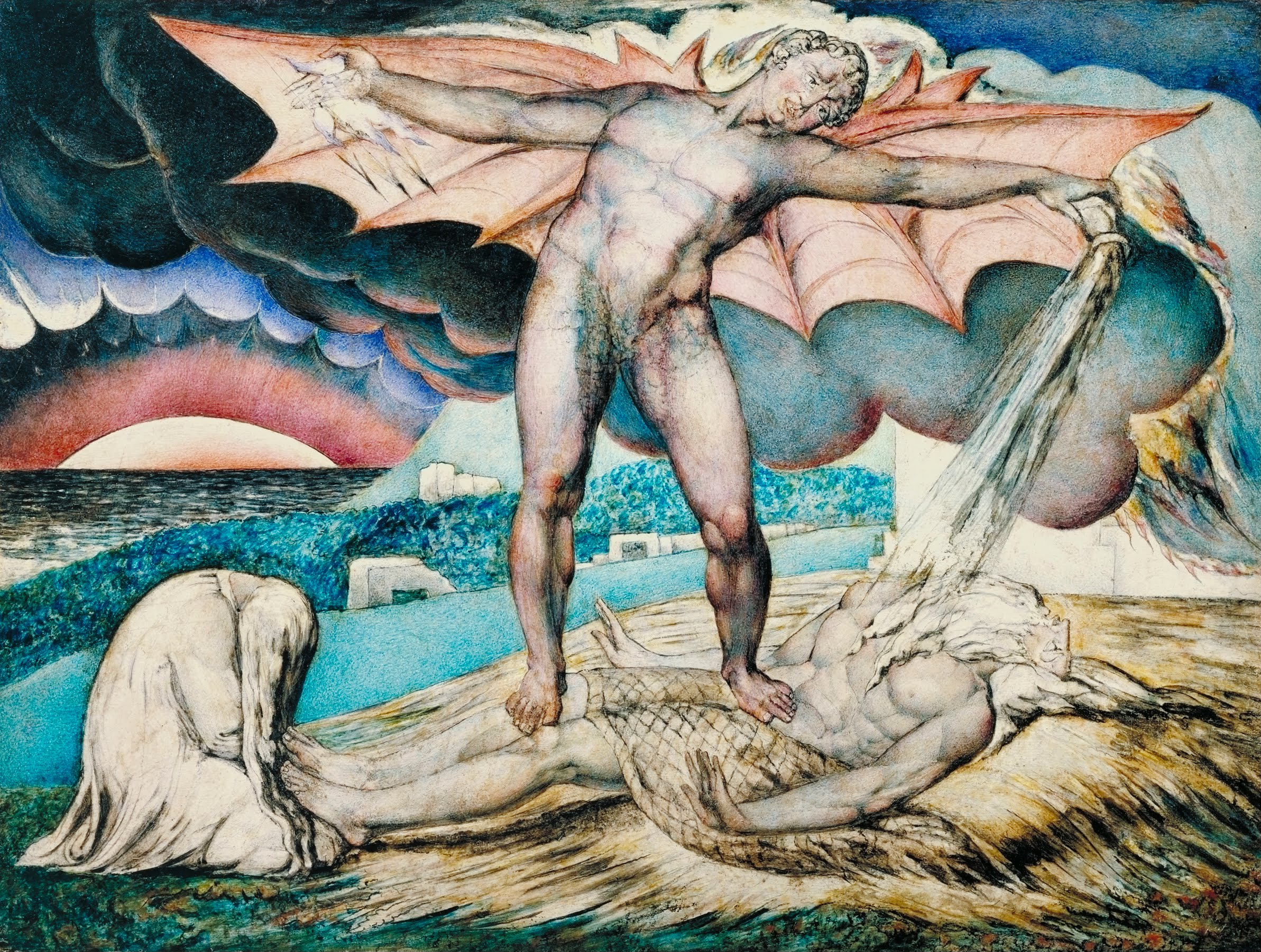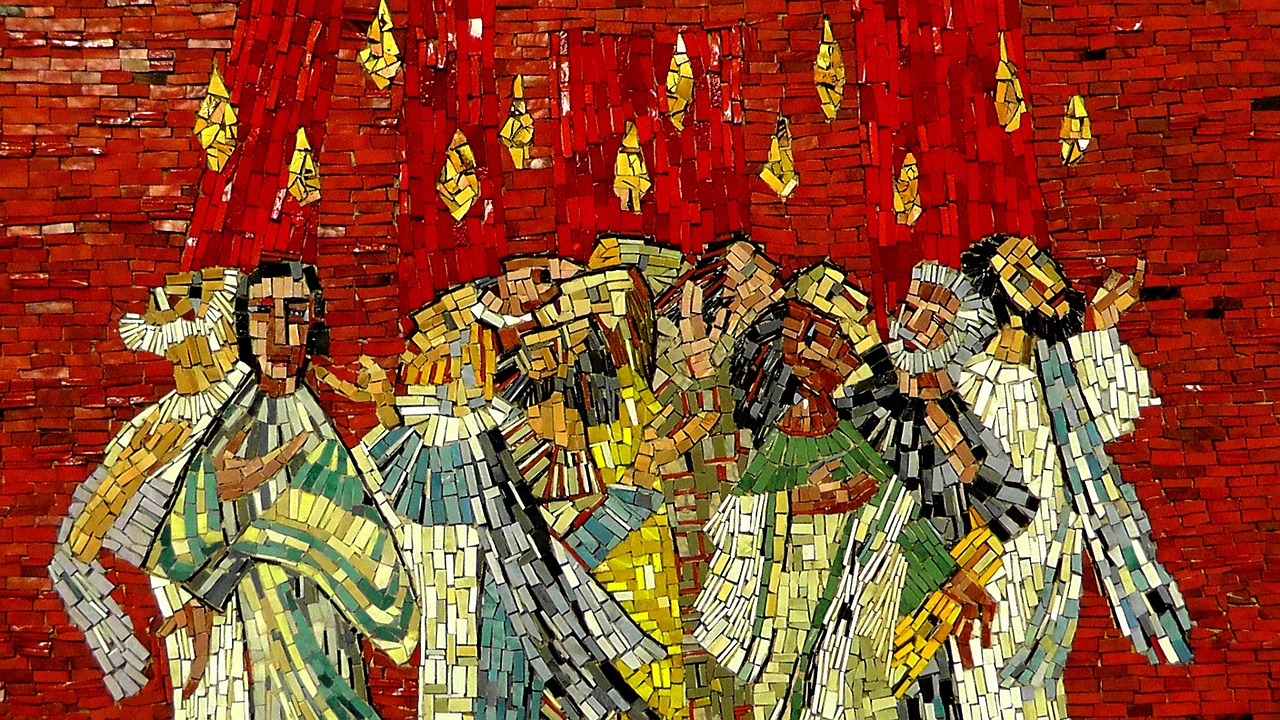The following is the second part in a two-part installment. The first part can be found here. III. We proceed first by a reminder of Scripture itself (which makes no claim to be taken “literally”) and, specifically, of the references to the demonic (the Devil, Satan, Beelzebub) scattered through the Synoptics, the Pauline letters, and […]
Month: May 2018
Mischief, Idolatry, And The Demonic – Toward A Hermeneutic Of Play, Part I (Kevin Lewis)
The following is the first part in a two-part installment. Biblical hermeneutics, studied reflection upon interpretation of scriptural passages, has not remained static in method or approach over the centuries. It has manifestly evolved in response to evolving cultural forces generally, as the needs and opportunities of Christian communities have changed and changed again over […]
Thinking About God In A Pluralistic World – The Challenge of Modern Theology, Lecture 1 (Johannes Zachhuber)
The following is the first lecture in an eight lecture series. A couple of days ago, I read a column in a national newspaper whose title had a strange attraction on me. It read, “Only theologians really understand religion.” Deep within me this must have struck a chord, though at the same time I was […]
Lutheran Theology and Postmodern Philosophy, Part II (Olli-Pekka Vaino)
The following is the second part in a two-part installment. The first part can be found here. On Epistemology Postmodern thinking is generally suspicious against post-Enlightenment epistemological projects, which aim to achieve objective knowledge. Postmoderns typically deny the possibility of having neutral “God’s point of view” or “a view from nowhere” to things. Instead, our […]
Lutheran Theology And Postmodern Philosophy, Part I (Olli-Pekka Vaino)
The following is the first installment of a two-part series. Recently, Martin Luther and the Lutheran Reformation has received heavy criticism in various theological and philosophical circles. In many scholarly treatments of the history of western philosophy and culture, Reformation has been treated as one step on a trajectory from nominalist revolution to liberal Protestantism, […]




